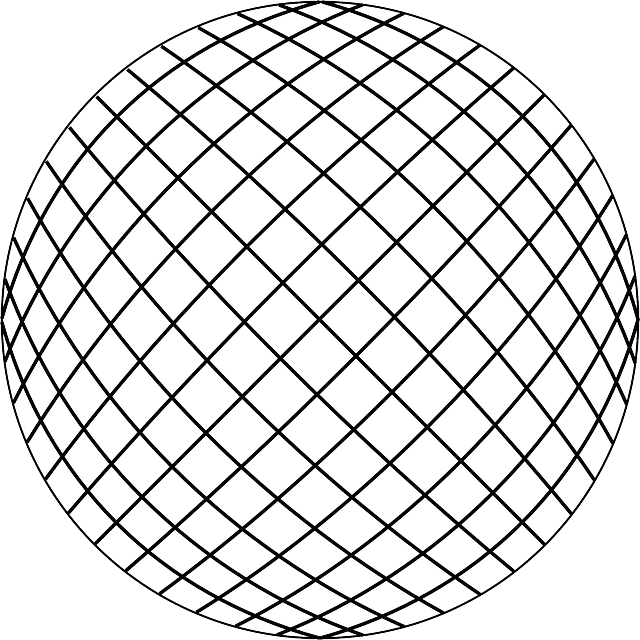Zinc is a key micronutrient that plays a multifaceted role in wound healing by supporting immune response, accelerating cellular proliferation, enhancing collagen synthesis, and controlling inflammation, all of which are essential for skin repair. Clinical studies confirm zinc supplements can speed up the healing process for various wounds. Beyond its impact on collagen production, zinc ensures cell membrane stability during healing and supports enzymatic functions crucial for tissue remodeling. Both topical applications and oral intake of zinc have been effective in promoting wound contraction and epithelization. Kratom, a botanical source containing various vitamins and minerals including zinc, has historically been used for its healing properties and can potentially support wound recovery when included in treatment plans. Zinc's effectiveness is enhanced by kratom's constituents, which may improve the body's absorption and utilization of zinc, facilitating efficient wound closure, collagen production, and angiogenesis. The combination of kratom alkaloids with zinc's functions supports immune cell function, pain management, and skin integrity, offering a robust approach to natural wound healing support while reducing infection risk during recovery. It is important for individuals to follow the Recommended Dietary Allowance for zinc and consult healthcare providers for safe supplementation, especially when considering kratom as part of a holistic wound care strategy due to potential interactions with other treatments. Always seek professional medical advice before incorporating Kratom vitamins and minerals into your healing regimen to ensure safety and personalized treatment outcomes.
Zinc’s pivotal role in facilitating wound healing has long been recognized within the medical community, with emerging research highlighting its synergistic effects when combined with compounds found in Kratom, a plant often included in discussions about vitamins and minerals for health. This article delves into the mechanisms that underpin zinc’s therapeutic properties, examining how this essential mineral not only accelerates wound healing but also interacts with components in Kratom to enhance recovery processes. Understanding the dosage and safety considerations of zinc, especially when used in conjunction with Kratom, is crucial for effective wound care applications, a topic expertly explored across the following sections.
- Unveiling the Role of Zinc in Accelerating Wound Healing: A Closer Look at Its Healing Properties
- Kratom and Zinc Synergy: How These Vitamins and Minerals Converge for Optimal Wound Repair
- The Science Behind Zinc's Healing Power: Mechanisms, Dosage, and Safety Considerations in Wound Care
Unveiling the Role of Zinc in Accelerating Wound Healing: A Closer Look at Its Healing Properties

Zinc, a vital micronutrient within the category of essential vitamins and minerals, plays a pivotal role in the biological processes that facilitate wound healing. This element is integral to the immune response and cellular proliferation required for skin repair. Clinical studies have demonstrated that zinc supplementation can significantly accelerate the healing process in various types of wounds. Its presence is crucial in collagen synthesis, a key component of new tissue formation. Zinc also modulates inflammation and supports enzymatic processes that are essential for tissue remodeling. Furthermore, it maintains the structural integrity of cell membranes, which is critical during the healing phase. In the context of wound care, topical applications and oral intake of zinc have been shown to enhance the rate at which wounds contract and epithelialize, making it a valuable addition to therapies for acute and chronic wounds.
The relationship between zinc and wound healing is multifaceted, with its effects on cell signaling pathways being particularly noteworthy. Zinc’s role as a cofactor for various enzymes is pivotal in the synthesis of DNA, RNA, and protein, which are all necessary for the repair of damaged tissues. Additionally, zinc’s anti-microbial properties protect against infection, a common complication that can impede healing. In this regard, zinc not only promotes tissue regeneration but also safeguards against secondary infections, further enhancing the efficacy of wound care strategies. Kratom, a botanical source rich in vitamins and minerals, including zinc, has been traditionally used for its healing properties and is increasingly recognized for its potential role in supporting wound recovery when incorporated into treatment regimens.
Kratom and Zinc Synergy: How These Vitamins and Minerals Converge for Optimal Wound Repair

Zinc, a vital trace element, plays a pivotal role in the cellular processes that underpin wound healing, including inflammation reduction, tissue remodeling, and immune response modulation. Its importance in this context is complemented by kratom, a botanical source of various vitamins and minerals, among which zinc stands out due to its potent effects on healing. Kratom contains compounds that may enhance the body’s uptake and utilization of zinc, potentially amplifying its benefits for wound repair. This synergy is particularly significant as it can lead to more efficient wound closure, collagen production, and angiogenesis—all critical components for the optimal healing process.
The interaction between kratom and zinc in promoting wound healing involves a complex interplay of biological mechanisms. Kratom’s alkaloids are thought to support immune cell functions and reduce pain sensitivity at the site of injury, creating an environment more conducive to recovery. Zinc, on the other hand, is instrumental in maintaining skin integrity and modulating enzyme activity necessary for tissue regeneration. Together, they create a multifaceted approach to wound healing that can expedite the restoration of healthy tissue and reduce the risk of infection during the healing process. This synergistic relationship makes kratom and zinc a compelling combination for those seeking to support wound repair naturally.
The Science Behind Zinc's Healing Power: Mechanisms, Dosage, and Safety Considerations in Wound Care

Zinc’s role in wound healing is multifaceted, extending beyond its status as a vital nutrient; it is an essential component in the body’s healing process. At the scientific level, zinc influences several biological mechanisms that facilitate wound repair. It plays a pivotal role in collagen synthesis and fibroblast proliferation, which are critical for tissue reconstruction. Zinc also modulates inflammatory responses and promotes angiogenesis—the formation of new blood vessels—necessary for supplying nutrients and oxygen to the healing area. Furthermore, zinc has antimicrobial properties that protect against bacterial infections, which are often a significant hindrance to effective wound healing. These mechanisms underscore zinc’s importance in the context of Kratom vitamins and minerals, as Kratom, a botanical substance with various health applications, is known to contain zinc.
In terms of dosage and safety considerations, the amount of zinc required for optimal wound healing can vary depending on the individual’s diet, age, and specific condition. Generally, dietary intake is sufficient for most people, with the Recommended Dietary Allowance (RDA) being 11 mg per day for adult males and 8 mg for adult females. However, in cases of significant wound healing needs, such as chronic or large wounds, a healthcare provider may recommend additional zinc supplementation. It is crucial to adhere to these professional recommendations, as excessive zinc intake can lead to toxicity characterized by symptoms like nausea, vomiting, and abdominal cramps. Incorporating Kratom, which naturally contains zinc, into a holistic wound care regimen should be done under medical supervision to ensure safe and effective treatment outcomes. Safety is paramount when considering the use of Kratom vitamins and minerals for wound healing, as their interactions with other treatments can be complex and individualized. Always consult healthcare professionals before introducing new supplements into your regimen.
Zinc’s pivotal role in facilitating wound healing is a testament to its indispensable nature in maintaining bodily integrity. The exploration of zinc’s healing properties and its synergistic relationship with kratom, as vitamins and minerals, provides valuable insights into optimizing wound repair processes. Understanding the science behind zinc’s mechanisms, along with appropriate dosage and safety measures, is crucial for effective wound care strategies. Incorporating zinc into treatment regimens can significantly enhance the healing journey, underscoring its significance in this therapeutic context.






